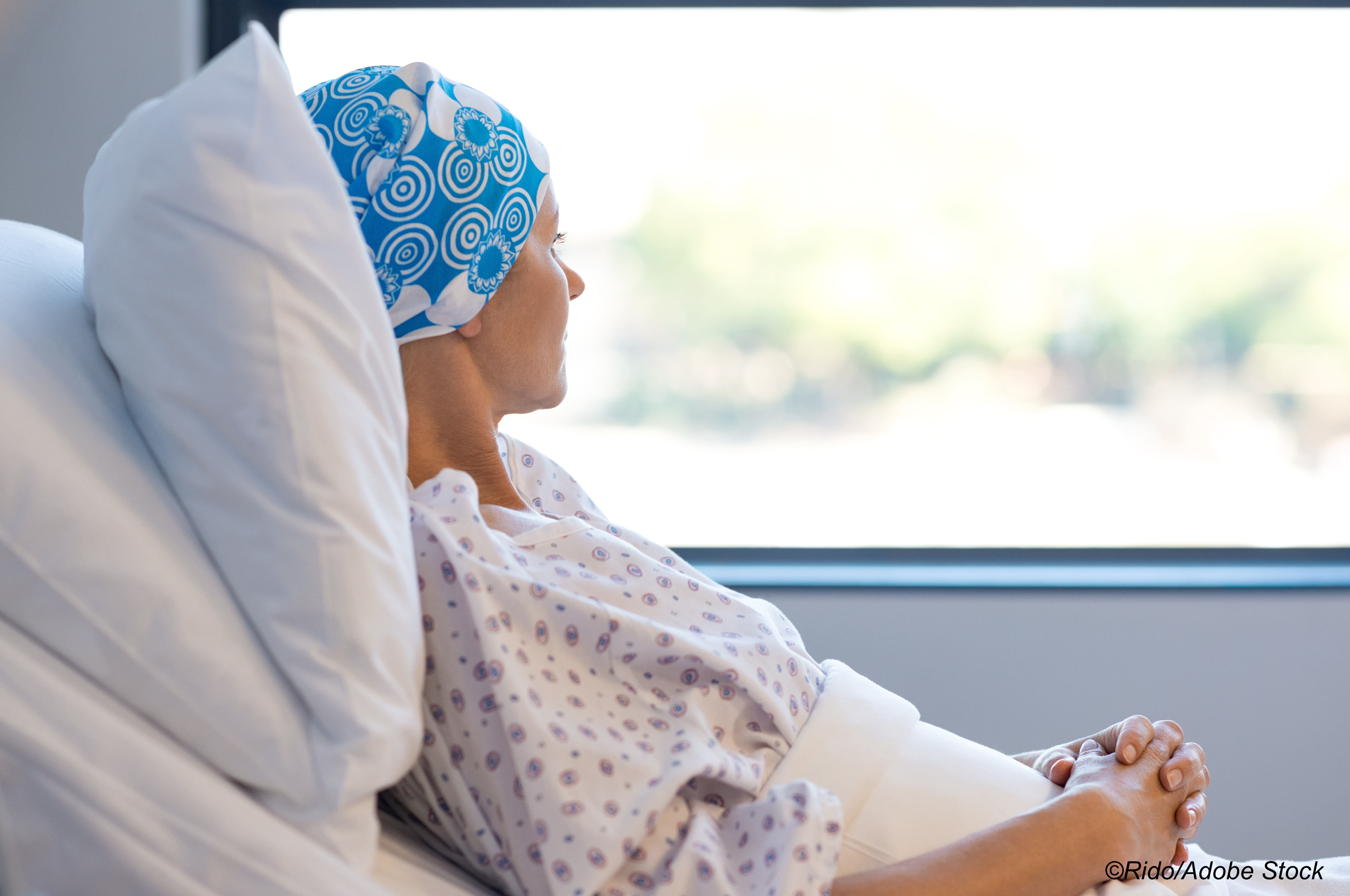
Many patients with hematologic and solid malignancies on active treatment with chemotherapies or other agents such as cyclin-dependent kinase 4/6 inhibitors (CDK4/6is) may have poor responses to SARS-CoV-2 mRNA vaccination, according to a recent study from Mayo Clinic researchers. Their findings led them to recommend that clinicians carefully assess antibody responses after vaccination in these patients.
“SARS-CoV-2 mRNA vaccines have been demonstrated to have remarkable efficacy in healthy individuals with robust and durable humoral immune response. While SARS-CoV-2 mRNA vaccines are highly effective in healthy individuals, their effectiveness in immunocompromised patients remains less known. Emerging data suggests that cancer patients may not mount adequate protective immune response after SARS-CoV-2 infection and after vaccination with BNT162b2. Limited data is available with mRNA-1273,” wrote Saranya Chumsri, MD, of the Mayo Clinic, Jacksonville, Florida, and co-authors in Mayo Clinic Proceedings: Innovation, Quality & Outcomes.
In this retrospective, cross-sectional study, they sought to assess the magnitude of humoral response to SARS-CoV-2 mRNA vaccines in 201 adults with cancer who were undergoing active cancer treatments. Of these, 61 were immunocompetent, 36 had cancer, 91 had hematologic malignancies (66% chronic lymphocytic leukemia [CLL]), and 49 had solid malignancies.
Roughly 47% of patients received mRNA-1273 and 53% received BNT162b2. Using a SARS-CoV-2 electrochemiluminescence immunoassay to measure antibody responses, Chumsri and fellow researchers found that spike antibody (anti-S Ab) titers of ≥500 U/mL were generated in significantly more immunocompetent patients than in patients with solid and hematologic malignancies (97% versus 55% versus 8%, respectively; P<0.001). Immunocompetent patients also had significantly higher anti-S Ab levels.
Other results were as follows:
- More patients with hematologic malignancies had extremely low antibody titers, with 52.7% showing negative results (<0.8 U/mL), and 73.6% with levels ≤50 U/mL.
- Among the 60 patients with CLL, 63.3% had negative antibody titers.
- Among patients with solid malignancies, 8.2% had negative results, and 20.4% had values ≤50 U/mL.
Of note is that even after two doses of SARS-CoV-2 mRNA vaccines, a large number of these patients did not reach seroconversion.
“It is quite concerning that 52.7% of hematologic malignancy patients and 8.2% of solid malignancy patients had no seroconversion after the recommended two doses of SARS-CoV-2 mRNA vaccines. Although the optimal cutoff for adequate protection of Covid-19 infection is currently unknown, only 8% of hematologic malignancy and 55% of solid malignancy patients had anti-S Ab > 500 U/mL,” wrote Chumsri and co-authors.
They also found that among patients treated with CDK4/6is, 28.6% had anti-S Ab <500 U/mL compared with 54.1% of those treated with chemotherapy, but this difference was not statistically significant (P=0.1).
“While CDK4/6i is not generally considered as immunosuppressive therapy, our study demonstrated that these patients may also have an impaired antibody-mediated response to SARS-CoV-2 mRNA vaccines. When comparing to chemotherapy, there were numerically less percentage of patients receiving CDK4/6i with anti-S Ab ≤500 U/mL (28.6%) compared to chemotherapy (54.1%). Although this difference did not reach statistically significant level, it is likely due to small sample size,” they noted.
Upon multivariable logistic regression, after adjusting for age, gender, and vaccine, researchers found that patients with hematologic and solid malignancies were more likely to have anti-S Ab results of ≤500 U/mL compared with immunocompetent patients (OR: 363.7 for hematologic and 35.51 for solid; P<0.001 for both).
Upon adjusting for age, gender, and treatment groups, Chumsri and co-authors found that vaccination with BNT162b2 was independently associated with anti-S Ab results of ≤500 U/mL (OR: 9.85; P<0.001).
Two patients developed breakthrough Covid-19 infection after full vaccination, and both received BNT162b2.
“Our study highlights the importance of further evaluation of humoral responses to Covid-19 vaccines in patients with hematologic and solid malignancies on chemotherapies and CDK4/6i. Current guidelines pertaining to social distancing and face covering do recommend caution after Covid-19 vaccination in immunosuppressed patients, as they may still be susceptible to Covid-19 infection despite full vaccination,” wrote Chumsri and co-authors.
They concluded by urging further study on defining optimal antibody responses and evaluating the benefits of booster vaccination, varying vaccine doses, and dosing intervals, as well as the efficacy of the differing vaccine platforms in these patients.
Study limitations include its retrospective nature, imbalances in age, gender, and type of vaccine received, and the singular focus on anti-S Ab levels.
Disclosure:
This research was supported by the Mayo Clinic Foundation.
Chumsri had no relevant relationships to disclose.
by
Liz Meszaros, Deputy Managing Editor, BreakingMED™
Kaiser Health News
Kaiser Health News is a nonprofit news service covering health issues. It is an editorially independent program of the Kaiser Family Foundation, which is not affiliated with Kaiser Permanente.

